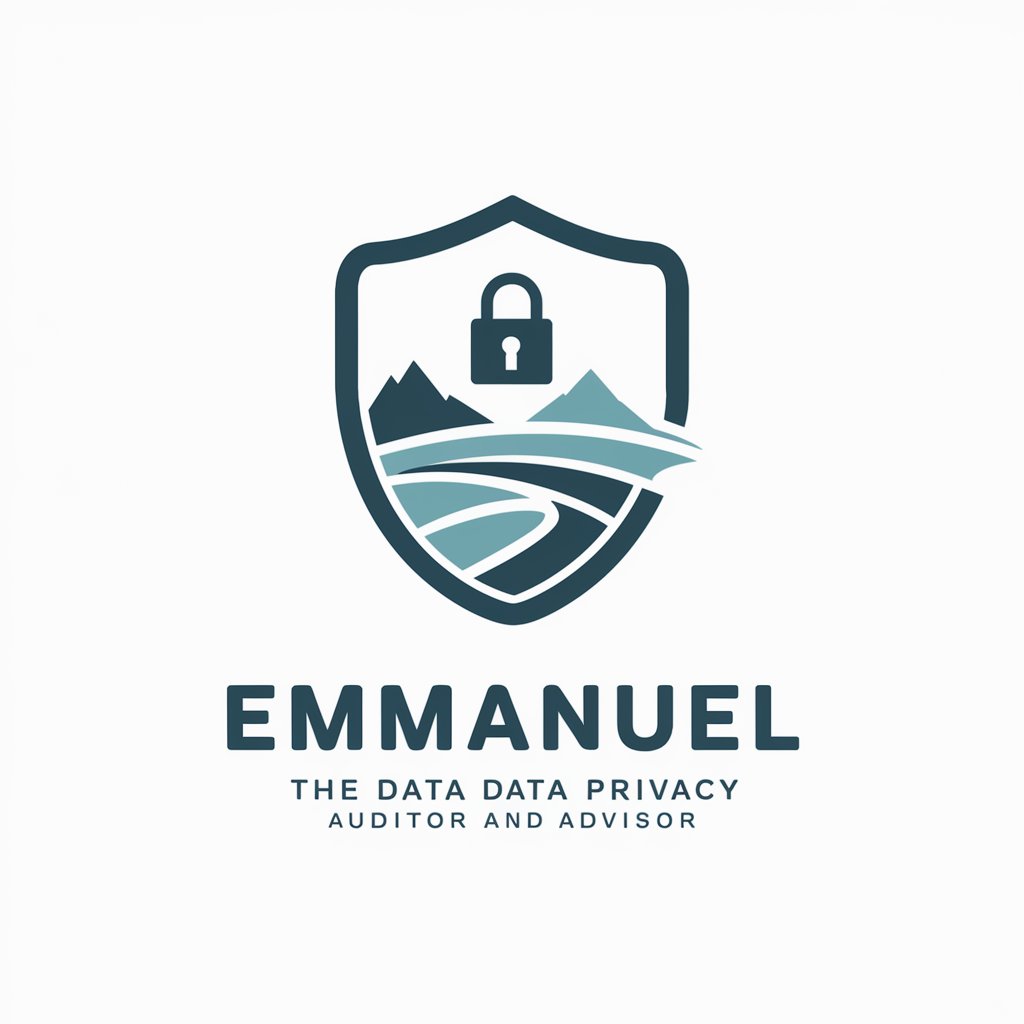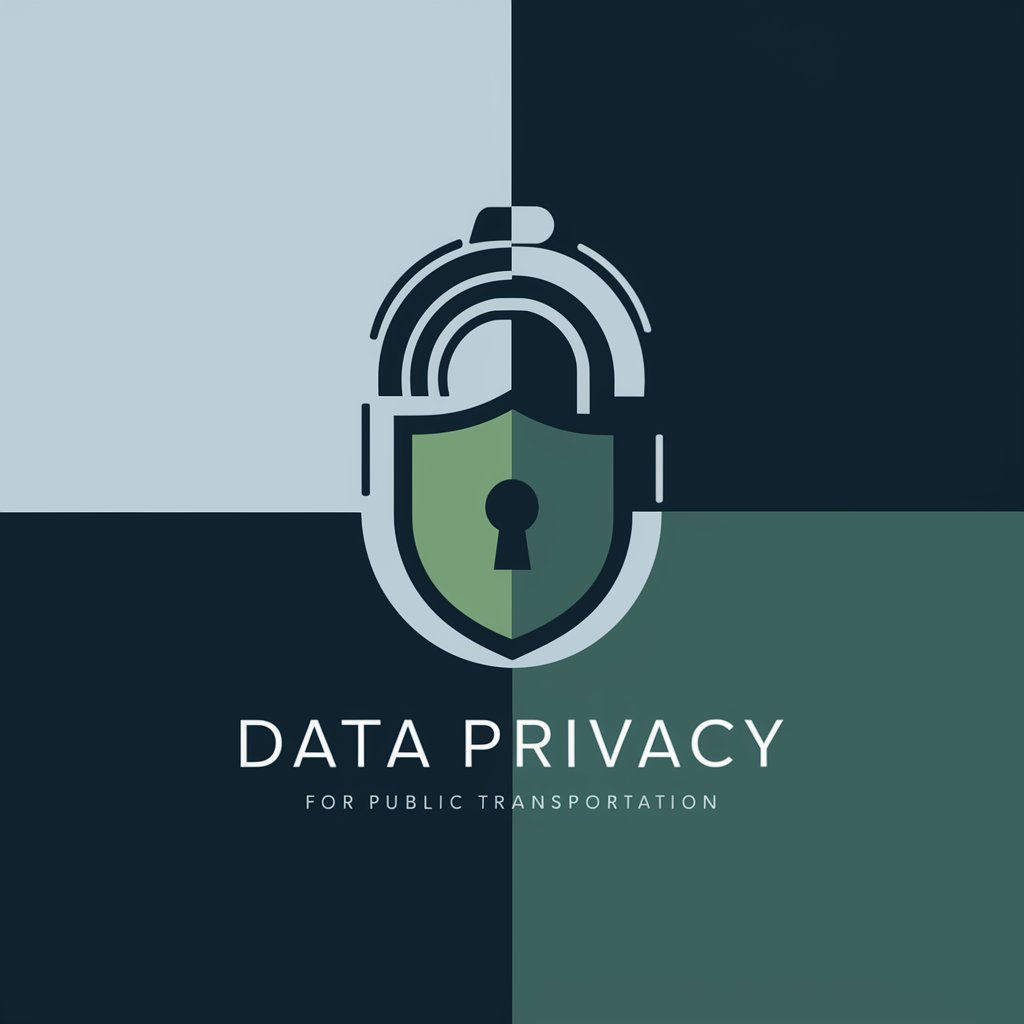
👑 Data Privacy for Outdoor & Adventure Sports 👑 - Data Privacy Guidance for Sports

Hello! How can I assist with your data privacy needs today?
Safeguarding Adventure with AI-Powered Data Privacy
What are the key compliance requirements for outdoor sports providers under GDPR?
How can adventure sports businesses ensure data protection for their participants?
What steps should be taken for secure data storage in outdoor activity organizations?
What are the common data privacy pitfalls for adventure sports providers?
Get Embed Code
Understanding Data Privacy for Outdoor & Adventure Sports
Data Privacy for Outdoor & Adventure Sports is designed to safeguard sensitive information collected by providers in this industry, including personal details, health data, and emergency contacts of participants. Given the nature of outdoor and adventure activities, which often require detailed personal and health information, it's crucial to ensure this data is handled with the utmost care and in compliance with global data privacy regulations like GDPR, CCPA, and others. Examples include the secure management of participant registration data for a mountain biking event or the protection of health information for a rock-climbing expedition, illustrating the need for stringent data protection practices. Powered by ChatGPT-4o。

Core Functions and Real-World Applications
Compliance Advisory
Example
Guiding an adventure sports company through GDPR compliance for a European event.
Scenario
An adventure sports provider plans a multi-day hiking event across several European countries. They collect participants' personal and health information for safety and logistical purposes. The service helps ensure that the data collection, storage, and processing practices comply with GDPR requirements, such as obtaining explicit consent and securing data against breaches.
Data Protection Impact Assessments (DPIA)
Example
Conducting a DPIA for a new high-altitude training program.
Scenario
A company introduces a high-altitude training program that requires detailed health information from participants to tailor the program to individual needs and ensure safety. The service assists in conducting a DPIA to identify and mitigate any risks related to the processing of sensitive health data, ensuring protective measures are in place.
Incident Response Planning
Example
Developing a data breach response plan for a kayaking expedition organizer.
Scenario
A kayaking expedition organizer stores participant data in an online booking system. The service helps develop an incident response plan to quickly and effectively address potential data breaches, minimizing harm to participants and legal repercussions for the organizer.
Target User Groups and Benefits
Adventure Sports Providers
Companies and individuals organizing outdoor and adventure sports activities, such as hiking, mountain biking, or rock climbing, who collect and manage sensitive participant data. They benefit from these services by ensuring compliance with data protection laws, thereby building trust with participants and avoiding legal penalties.
Event Organizers and Planners
Organizers of outdoor sports events, races, and competitions who require participants' personal and health information for registration and safety purposes. Utilizing these services helps them manage consent properly, secure data storage and transmission, and comply with global data privacy standards.

Utilizing Data Privacy for Outdoor & Adventure Sports
1
Initiate your journey by accessing a specialized platform offering a no-commitment trial, available at yeschat.ai, which requires no login or subscription to ChatGPT Plus.
2
Familiarize yourself with the data protection laws applicable in your region, such as GDPR in Europe, CCPA in California, or others relevant to your location.
3
Identify the types of personal and health data you collect from participants, and assess your current data handling and storage practices.
4
Implement necessary changes to ensure compliance, including securing consent forms, encrypting sensitive information, and establishing a clear data retention policy.
5
Regularly review and update your data privacy practices in response to new legal requirements, technological advancements, or changes in your business operations.
Try other advanced and practical GPTs
👑 Data Privacy for Interior Design Services 👑
Securing Client Data with AI

Scholarly Guide
Empowering Learning with AI Insight

Marketing Mavens
Diverse Perspectives, Unified Strategy

Able Photo Flow Helper
Enhance Your Photos with AI

Physics Mentor
Empowering Physics Learning with AI

Today's Horoscope[오늘의 운세]
Your Personalized Astrology Companion
![Today's Horoscope[오늘의 운세]](https://r2.erweima.ai/i/_BAggysfRAmi5ECTjBizAg.png)
Marrakech Artisan Guide
Exploring Marrakech's Craftsmanship with AI

Coupon & Deals Finder
AI-powered Savings at Your Fingertips

Interactive Fiction Creator
Craft Engaging Stories with AI

The Artist
Bringing Your Artistic Visions to Life with AI

デュエパーティールール
Strategize, Adapt, and Conquer with AI

Artistic Motion
Animating Imagination with AI

Frequently Asked Questions about Data Privacy for Outdoor & Adventure Sports
What is GDPR and how does it impact outdoor sports providers?
GDPR, or the General Data Protection Regulation, is a comprehensive data protection law in the EU that affects outdoor sports providers by requiring them to implement stringent measures for handling EU participants' personal data securely and transparently.
How should we obtain consent for data collection in adventure sports?
Consent should be freely given, specific, informed, and unambiguous. Use clear language to explain what data you're collecting, why, and how it will be used, ensuring participants can actively agree or decline.
What are the best practices for storing health data of participants?
Best practices include encrypting the data, restricting access on a need-to-know basis, and ensuring that storage solutions comply with applicable health data protection laws.
How often should we review our data privacy policies?
Regularly review your policies at least annually or whenever there are significant changes in data protection laws, your data processing activities, or technological developments.
What should we do in case of a data breach?
Immediately contain and assess the breach, notify affected individuals and relevant authorities as required by law, and take steps to prevent future incidents, including reviewing and strengthening your security measures.





